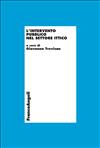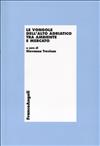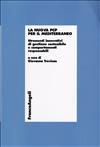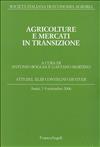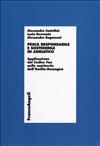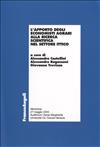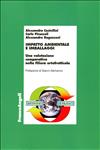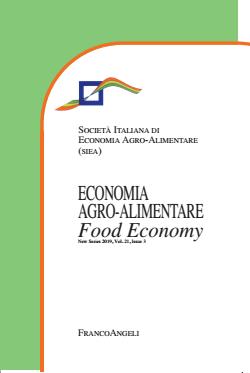
In the last decade, the durum wheat-pasta production chain was been, with the other food chains, vulnerable to prices volatility, that became stronger in the last five years due to the unfavourable economic condition. The supply chains internal competition and the unwillingness to cooperation, directly linked to lack of trust between actors on different levels, represent barriers for the efficiency this economic structure (the chain), that have to deal with the actual economic condition and the global market competition. The Italian durum wheat-pasta production chain is characterized by a high level of vertical integration for the downstream stages (mills and pasta industries) and by a farms-pasta industries contracts increase; whereas very high is the upstream stage firms’ fragmentation. The study aims to examine the Apulian durum wheat-pasta production chain, by means of the netchain analysis methodology, to point out its organisational set-up and its degree of integration and evaluate the horizontal and vertical existent relationships. The geographical location of the study is due to the importance that durum wheat has for the Region; that is in the first place of the national production ranking (almost the 20,65% in 2011), and have a great territory specialisation (almost the 87,68% of cereals regional uaa). The study started from the analysis of a quality product chain that can be considered as a best practice into the area because both the final product (dry pasta) is made from local durum wheat flour only, and the whole chain are certified ("Prodotti di qualità di Puglia" and dnv Business Assurance). The results obtained, show an high horizontal integration for farms. However, they are able to create ties only with selling cooperatives. The latter on the other hand, show the capability to promote cohesion between farms and mills for the supply of high quality raw materials. This chain, observed for its peculiarity of being a best practice, show the relevance of pasta industries in promoting strong horizontal and vertical relationships, and theirs importance in improving chain market competitiveness. Further studies are still necessary, since a more comprehensive analysis of the entire Apulian chain, considering also those one located into areas with an higher number of pasta industries (eg. Emilia-Romagna), can provide essential information that can be used to drive innovation in chain governance at the regional or national level.
